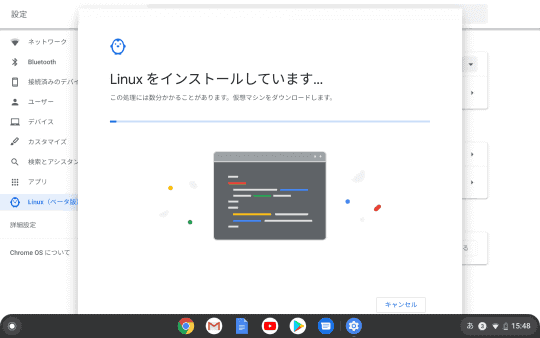

An out-of-date Linux distribution can sometimes interfere with attempts to install new packages. If GCC isn't installed, run the following command from the terminal window to update the Ubuntu package lists. To verify whether it is, open a Terminal window and enter the following command: gcc -v Fortunately, that's easy.įirst, check to see whether GCC is already installed. These tools are not installed by default on Ubuntu, so you have to install them. You can install the C/C++ extension by searching for 'c++' in the Extensions view ( ⇧⌘X (Windows, Linux Ctrl+Shift+X)).Īlthough you'll use VS Code to edit your source code, you'll compile the source code on Linux using the g++ compiler. To successfully complete this tutorial, you must do the following: If you have trouble, feel free to file an issue for this tutorial in the VS Code documentation repository. For those subjects, there are many good resources available on the Web. This tutorial does not teach you GCC, GDB, Ubuntu or the C++ language. GCC stands for GNU Compiler Collection GDB is the GNU debugger.Īfter configuring VS Code, you will compile and debug a simple C++ program in VS Code. In this tutorial, you will configure Visual Studio Code to use the GCC C++ compiler (g++) and GDB debugger on Linux. Configure IntelliSense for cross-compiling.


 0 kommentar(er)
0 kommentar(er)
